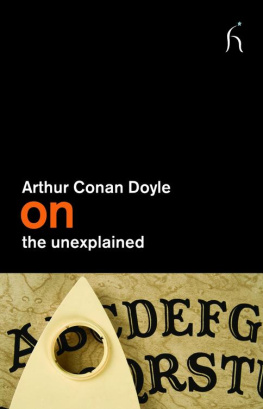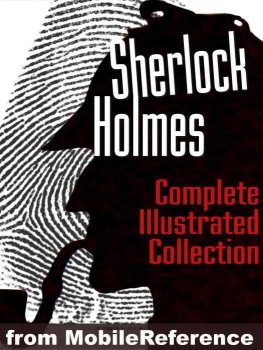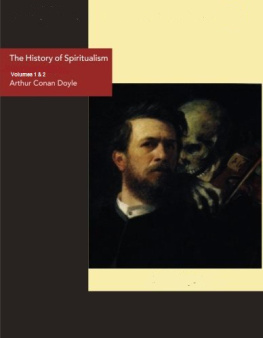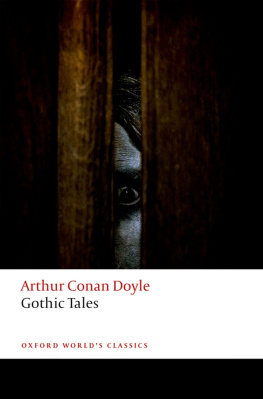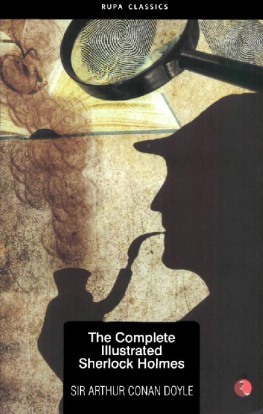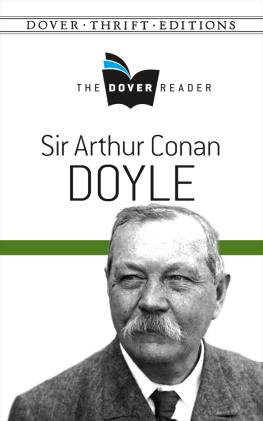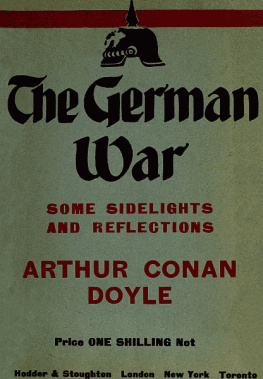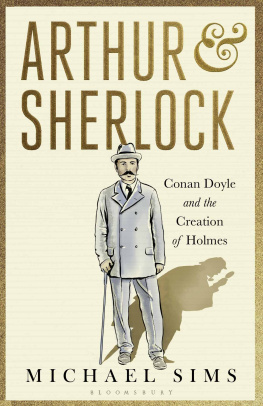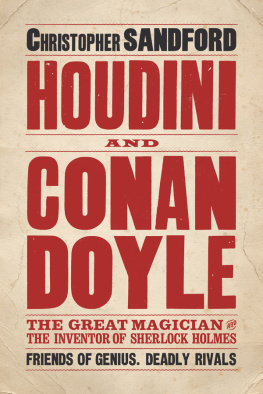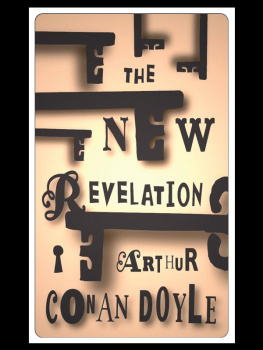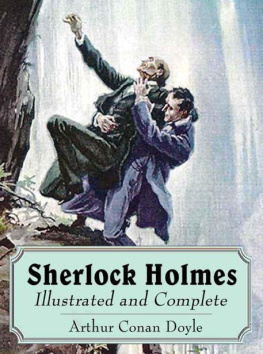Who was the greatest medium-baiter of modern times? Undoubtedly Houdini. Who was the greatest physical medium of modern times? There are some who would be inclined to give the same answer. I do not see how it can ever now be finally and definitely proved, but circumstantial evidence may be very strong, as Thoreau said when he found a trout in the milk jug. I foresee that the subject will be debated for many years to come, so perhaps my opinion, since I knew him well, and always entertained this possibility in my mind, may be of interest. If others add their experience in order to support or disprove my own surmises, then some result may eventually be obtained.
I will first give some of my own personal impressions of Houdini. I will then dwell on some phases of his career which show his singular character, and I will then endeavour to give the argument as to the source of his unique powers.
Let me say, in the first instance, that in a long life which has touched every side of humanity, Houdini is far and away the most curious and intriguing character whom I have ever encountered. I have met better men, and I have certainly met very many worse ones, but I have never met a man who had such strange contrasts in his nature, and whose actions and motives it was more difficult to foresee or to reconcile.
I will first, as is only proper, dwell upon the great good which lay in his nature. He had the essential masculine quality of courage to a supreme degree. Nobody has ever done, and nobody in all human probability will ever do, such reckless feats of daring. His whole life was one long succession of them, and when I say that amongst them was the leaping from one aeroplane to another, with handcuffed hands at the height of 3,000 feet, one can form an idea of the extraordinary lengths that he would go. In this, however, as in much more that concerned him, there was a certain psychic element which he was ready to admit freely. He told me that a voice which was independent of his own reason or judgement told him what to do and how to do it. So long as he obeyed the voice he was assured of safety. It all comes as easy as stepping off a log, said he to me, but I have to wait for the voice. You stand there before a jump, swallowing the yellow stuff that every man has in him. Then at last you hear the voice and you jump. Once I jumped on my own and I nearly broke my neck. This was the nearest admission that I ever had from him that I was right in thinking that there was a psychic element which was essential to every one of his feats.
Apart from his amazing courage, he was remarkable for his cheery urbanity in everyday life. One could not wish a better companion so long as one was with him, though he might do and say the most unexpected things when one was absent. He was, like most Jews, estimable in his family relationships. His love for his dead mother seemed to be the ruling passion of his life, which he expressed on all sorts of public occasions in a way which was, I am sure, sincere, but is strange to our colder Western blood. There were many things in Houdini which were as Oriental as there were in our own Disraeli. He was devoted also to his wife, and with good reason, for she was as devoted to him, but again his intimacy showed itself in unconventional ways. When in his examination before the Senatorial Committee he was hard-pressed by some defender of Spiritualism who impugned his motives in his violent and vindictive campaign against mediums, his answer was to turn to his wife and to say, I have always been a good boy, have I not?
Another favourable side of his character was his charity. I have heard, and am quite prepared to believe, that he was the last refuge of the down-and-outer, especially if he belonged to his own profession of showman. This charity extended even beyond the grave, and if he heard of any old magician whose tombstone needed repair he took it upon himself at once to set the matter right. Willie Davenport in Australia, Bosco in Germany, and many others of his profession were the objects of these pious offices. Whatever he did was done upon a large scale. He had many pensioners whom he did not know by sight. One man embraced him in the street, and upon Houdini angrily demanding who the devil he was, he answered, Why, I am the man whose rent you have paid for the last ten years. He was devoted to children, though he had none of his own. He was never too busy to give a special free performance for the youngsters . At Edinburgh he was so shocked at the bare feet of the kiddies that he had them all into the theatre, and fitted them then and there with 500 pairs of boots. He was the greatest publicity agent that ever lived, so that it is not ill-natured to surmise that the local papers had been advised beforehand, and that the advertisement was well worth it. There were other occasions, however, when his charity was less ostentatious. Animals too were loved by him, and he had a peculiar talent for taming them and teaching them tricks. All these ingredients in one impulsive personality surely make up a very lovable man. It is true that his generosity was curiously mixed with frugality, so that even while he was giving away his earnings at a rate which alarmed his wife, he would put an indignant comment in his diary because he had been charged two shillings for the pressing of his clothes.
So much for his virtues and most of us would be very glad to have as goodly a list. But all he did was extreme, and there was something to be placed in the other scale. A prevailing feature of his character was a vanity which was so obvious and childish that it became more amusing than offensive. I can remember, for example, that when he introduced his brother to me, he did it by saying, This is the brother of the great Houdini. This without any twinkle of humour and in a perfectly natural manner.
This enormous vanity was combined with a passion for publicity which knew no bounds, and which must at all costs be gratified. There was no consideration of any sort which would restrain him if he saw his way to an advertisement. Even when he laid flowers upon the graves of the dead it was in the prearranged presence of the local photographers.
It was this desire to play a constant public part which had a great deal to do with his furious campaign against Spiritualism. He knew that the public took a keen interest in the matter, and that there was unlimited publicity to be had from it. He perpetually offered large sums to any medium who would do this or that, knowing well that even in the unlikely event of the thing being done he could always raise some objection and get out of it. Sometimes his tactics were too obvious to be artistic. In Boston he arrived by prearrangement before a great crowd at the City Hall and walked solemnly up the steps with 10,000 dollars worth of stock in his hand, which represented one of his perennial stakes against phenomena. This was in connection with his engagement on a tour of the music-halls. His favourite argument, and that of many of his fellow-conjurers, was this flourishing of dollar-wads. It is obviously absurd, since the money will only be paid if you satisfy the challenger, and since the challenger has to pay the money he naturally never will be satisfied. The classical instance is that of the Scientific American magazine, which offered a large sum for any well-attested psychic phenomenon, but on being confronted with the Crandon phenomena, which are perhaps the best attested in the whole annals of psychical research, found reasons for withholding the money. I remember that when I arrived in New York, Houdini offered some huge sum that he could do anything which I had ever seen a medium do. I at once accepted his challenge , and proposed as a test that he should materialize the face of my mother in such a way that others besides myself who had known her in life could recognize it. I heard no more of the matter after that, and yet in England a medium had actually done this. I would have brought my witnesses across the Atlantic had the test been accepted.

